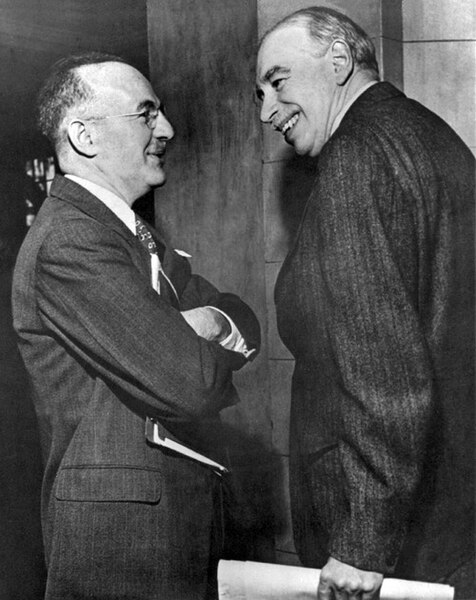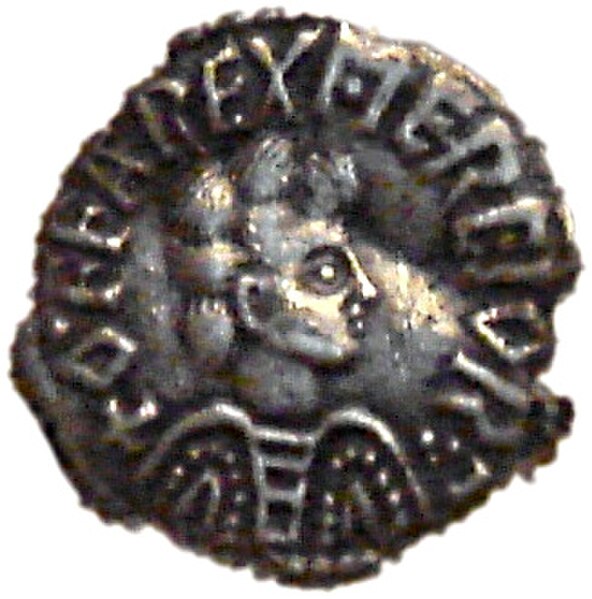Infinite photos and videos for every Wiki article ·
Find something interesting to watch in seconds
Recovered Treasures
Countries of the World
Celebrities
Supercars
Presidents
Great Artists
Best Campuses
Kings of France
History by Country
Famous Castles
Great Museums
Rare Coins
British Monarchs
Largest Empires
Richest US Counties
World Banknotes
Wonders of Nature
Crown Jewels
Orders and Medals
Animals
Ancient Marvels
Great Cities
Sports
Tallest Buildings
Largest Palaces
Wars and Battles
more top lists





